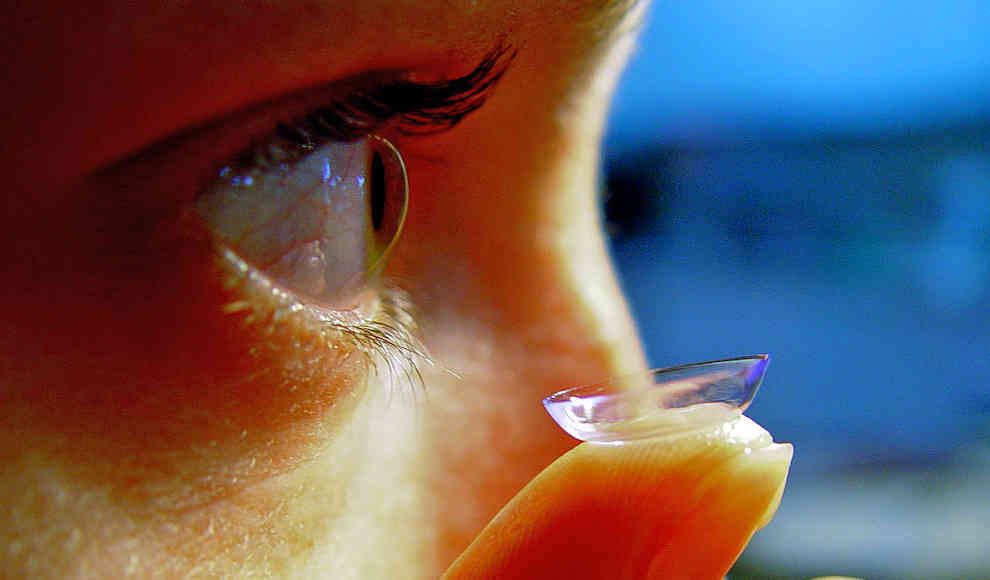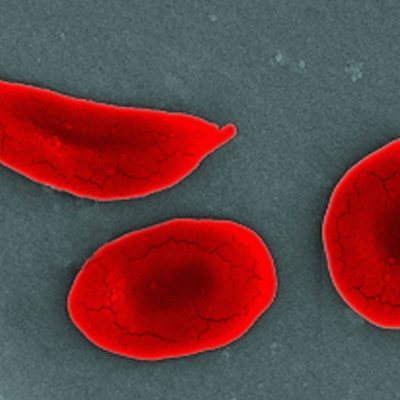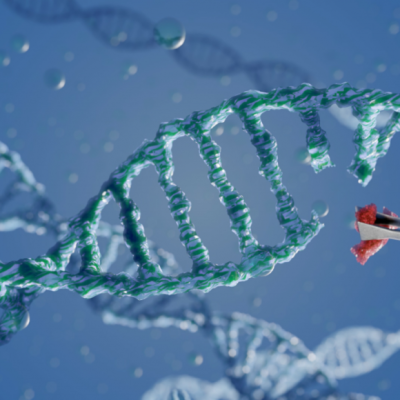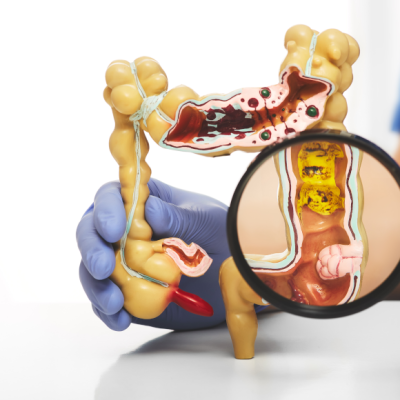Contact lenses with UV filters can almost completely prevent UV damage and replace sunglasses even in patients with corneal stem cell transplantation. Recent measurements in Bolivia have shown that UV radiation not only promotes the development of skin cancer and other skin diseases but is also a high risk to eye health, especially in summer. Sunglasses, which are often used for protection, do block a large part of the directly incident UV light but cannot prevent scattered light from reaching the eye from the sides. Therefore, scientists from the German Ophthalmological Society (DOG) have investigated whether contact lenses that claim to have UV protection actually protect against UV radiation and represent an alternative to often impractical sunglasses.
Although contact lenses with UV protection have been on the market for some time, there have been no scientifically based statements about their protective effects. Scientists led by Claus Cursiefen, director of the Center for Ophthalmology at the University Hospital Cologne, have tested in laboratory experiments whether contact lenses can prevent damage to the human cornea caused by UV radiation. The study focused on limbal stem cells (LSC), which are located between the cornea and conjunctiva and regularly renew the cornea, preventing clouding and contributing to visual acuity. People whose limbal stem cells have been damaged by disease, injury, or UV light can be treated with corneal stem cell transplantation. However, these people must protect themselves significantly more from UV light than healthy individuals.
All contact lenses available in Germany with UV protection were examined in the study. According to Cursiefen, the scientists conducted “experiments on human limbal stem cells that were irradiated with UV light in the laboratory.” The results of the study are consistently positive. All contact lenses with UV protection offered were able to almost completely prevent UV damage. Stem cells that were irradiated without UV protection in the laboratory, on the other hand, showed significant damage. To verify the results, the Cologne scientists are currently planning a study with human subjects who have received limbal stem cell transplantation. As Cursiefen explains, “the contact lenses would also be an option for people who spend a lot of time outside in daylight if the UV filter in the contact lenses works for these patients.”










